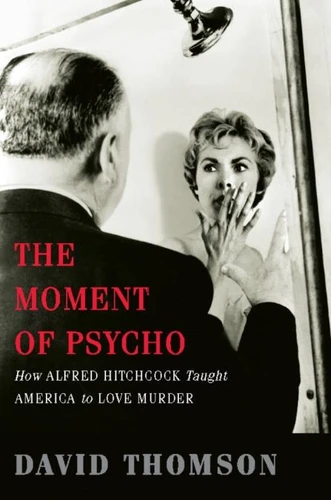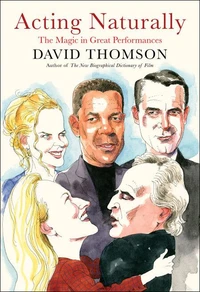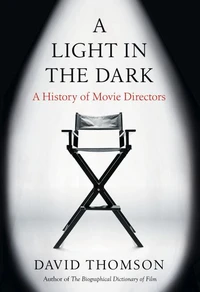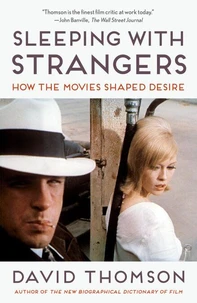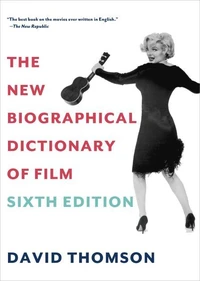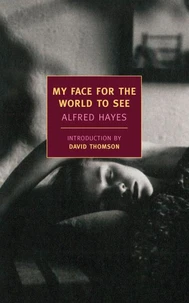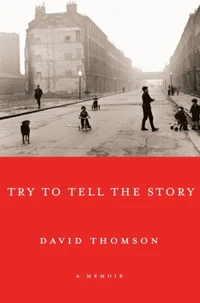The Moment of Psycho. How Alfred Hitchcock Taught America to Love Murder
Par :Formats :
Disponible dans votre compte client Decitre ou Furet du Nord dès validation de votre commande. Le format ePub protégé est :
- Compatible avec une lecture sur My Vivlio (smartphone, tablette, ordinateur)
- Compatible avec une lecture sur liseuses Vivlio
- Pour les liseuses autres que Vivlio, vous devez utiliser le logiciel Adobe Digital Edition. Non compatible avec la lecture sur les liseuses Kindle, Remarkable et Sony
- Non compatible avec un achat hors France métropolitaine
 , qui est-ce ?
, qui est-ce ?Notre partenaire de plateforme de lecture numérique où vous retrouverez l'ensemble de vos ebooks gratuitement
Pour en savoir plus sur nos ebooks, consultez notre aide en ligne ici
- Nombre de pages208
- FormatePub
- ISBN978-0-465-02009-6
- EAN9780465020096
- Date de parution23/11/2009
- Protection num.Adobe DRM
- Infos supplémentairesepub
- ÉditeurBasic Books
Résumé
It was made like a television movie, and completed in less than three months. It killed off its star in forty minutes. There was no happy ending. And it offered the most violent scene to date in American film, punctuated by shrieking strings that seared the national consciousness. Nothing like Psycho had existed before; the movie industry -- even America itself -- would never be the same. In The Moment of Psycho, film critic David Thomson situates Psycho in Alfred Hitchcock's career, recreating the mood and time when the seminal film erupted onto film screens worldwide.
Thomson shows that Psycho was not just a sensation in film: it altered the very nature of our desires. Sex, violence, and horror took on new life. Psycho, all of a sudden, represented all America wanted from a film -- and, as Thomson brilliantly demonstrates, still does.
Thomson shows that Psycho was not just a sensation in film: it altered the very nature of our desires. Sex, violence, and horror took on new life. Psycho, all of a sudden, represented all America wanted from a film -- and, as Thomson brilliantly demonstrates, still does.
It was made like a television movie, and completed in less than three months. It killed off its star in forty minutes. There was no happy ending. And it offered the most violent scene to date in American film, punctuated by shrieking strings that seared the national consciousness. Nothing like Psycho had existed before; the movie industry -- even America itself -- would never be the same. In The Moment of Psycho, film critic David Thomson situates Psycho in Alfred Hitchcock's career, recreating the mood and time when the seminal film erupted onto film screens worldwide.
Thomson shows that Psycho was not just a sensation in film: it altered the very nature of our desires. Sex, violence, and horror took on new life. Psycho, all of a sudden, represented all America wanted from a film -- and, as Thomson brilliantly demonstrates, still does.
Thomson shows that Psycho was not just a sensation in film: it altered the very nature of our desires. Sex, violence, and horror took on new life. Psycho, all of a sudden, represented all America wanted from a film -- and, as Thomson brilliantly demonstrates, still does.

